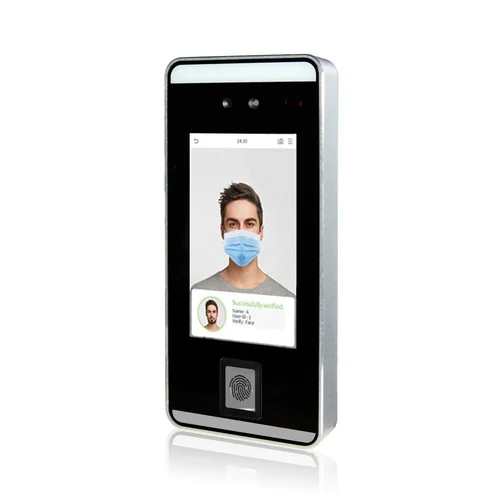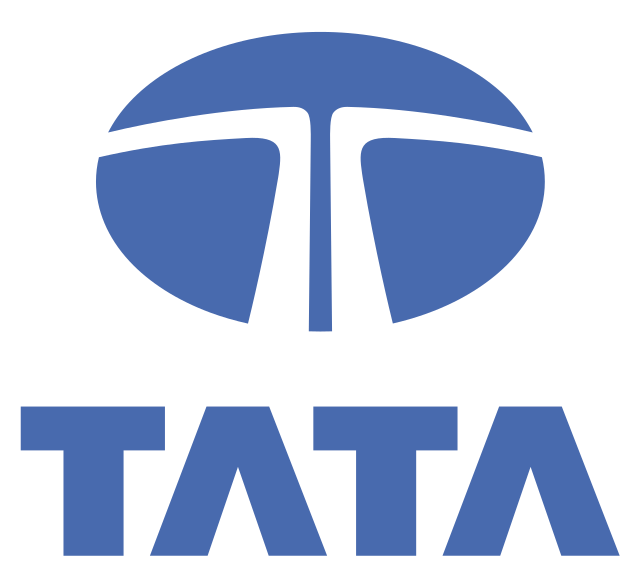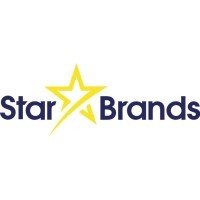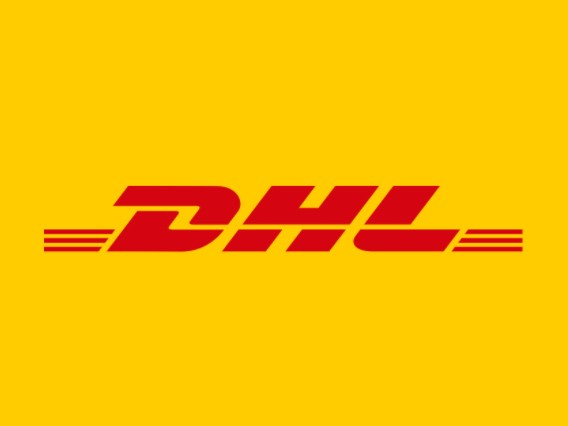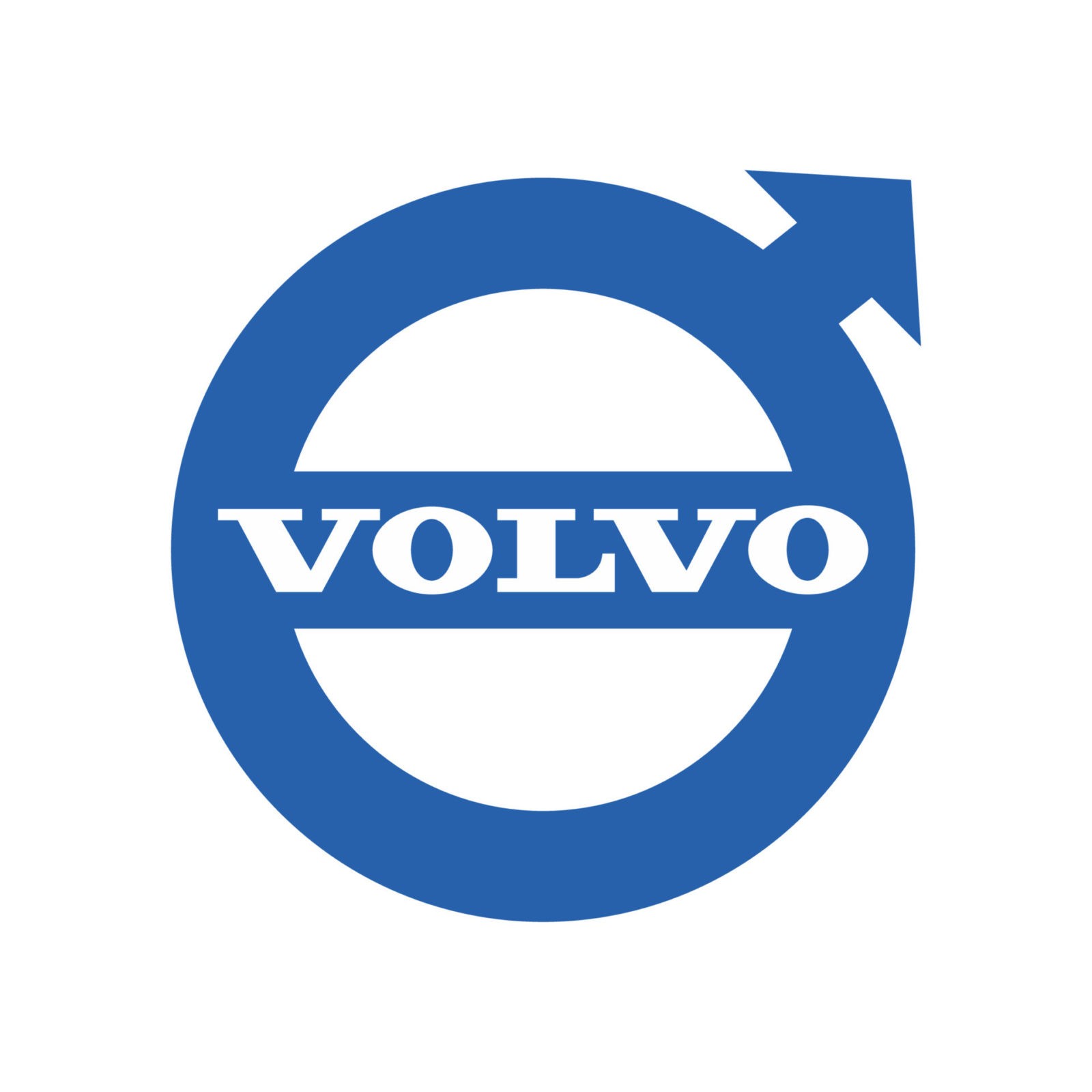Powerful Time and Attendance Software
Make managing your workforce time and attendance a breeze, with our easy-to-use yet comprehensive software, helping you save time and money in one simple solution
- Flexible shift patterns
- Employee self-service
- Fire roll call
- Full and comprehensive reporting
- Cloud-based or locally stored
- Full 3rd party integration available




